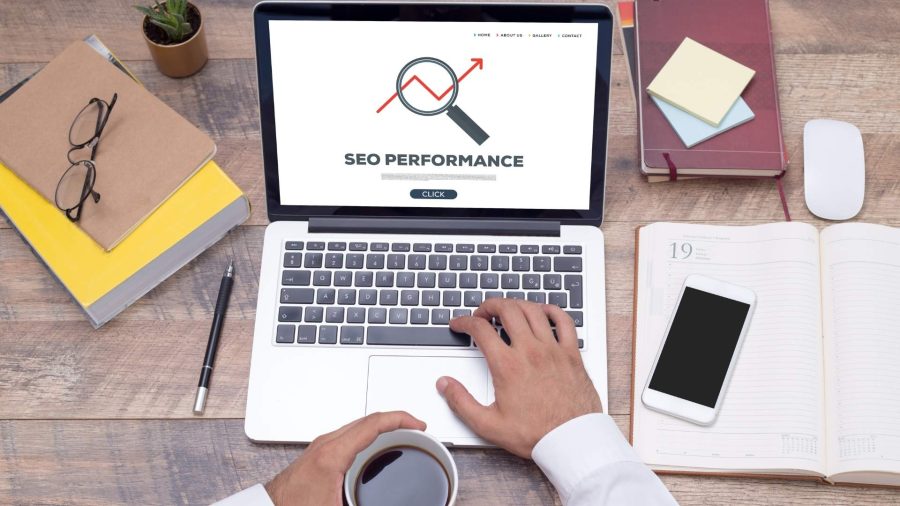Blockchain Government Use Cases: How Public Sectors are Embracing Decentralized Technology
Blockchain technology is no longer limited to cryptocurrencies and the financial sector. Governments across the globe are increasingly exploring and adopting blockchain for a wide range of public services. From increasing transparency to reducing corruption, the potential for blockchain in government is vast. In this article, we’ll dive deep into the most promising blockchain government use cases and how this technology is transforming the public sector.
What is Blockchain Technology?
Before exploring blockchain use cases in government, it’s important to understand what blockchain is. In simple terms, blockchain is a decentralized, distributed ledger technology that records transactions in a secure, immutable, and transparent way. Each record is stored in a block, and these blocks are linked together in a chain, hence the name “blockchain.”
This structure eliminates the need for intermediaries, makes transactions tamper-proof, and ensures that data is accessible and auditable. These features make blockchain particularly valuable for governments looking to streamline operations and improve trust among citizens.
Top Blockchain Government Use Cases
1. Digital Identity Verification
One of the most significant blockchain government use cases is digital identity management. Many countries face challenges with identity fraud, duplicate records, and insecure databases. Blockchain enables the creation of secure and verifiable digital IDs that citizens can use across government platforms.
Estonia is a global leader in this area. The Estonian government uses blockchain to maintain digital identities for its citizens, allowing them to access e-services like voting, healthcare, and banking securely and efficiently.
2. Transparent Voting Systems
Voting systems around the world are plagued by low voter turnout, fraud, and distrust. Blockchain can revolutionize electoral systems by providing transparent, tamper-proof, and verifiable voting platforms.
With blockchain, every vote becomes a unique, immutable transaction stored on the ledger. Voters can verify that their vote was counted, while authorities can audit results instantly. Countries like Sierra Leone and pilot programs in the U.S. have already tested blockchain voting with promising results.
3. Secure and Efficient Land Registries
Land ownership disputes and fraudulent documentation are common in many developing countries. Blockchain provides an efficient way to store land ownership records securely and transparently.
For example, the Republic of Georgia has implemented blockchain-based land registration to reduce bureaucracy, cut down on corruption, and make property transfers faster and safer. Every transaction is recorded on the blockchain, providing a tamper-proof audit trail of ownership history.
4. Public Procurement and Anti-Corruption
Public procurement processes are often vulnerable to corruption and inefficiencies. Blockchain offers a transparent way to track bids, contracts, and supplier histories in real-time, ensuring accountability at each stage of procurement.
The Chilean government has explored using blockchain to create a transparent procurement platform, making every step of the bidding and contracting process visible to the public. This increases trust in how taxpayer money is spent and reduces opportunities for fraud.
5. Social Welfare and Benefits Distribution
Disbursing government benefits—such as unemployment payments, pensions, and food subsidies—is often bogged down by fraud, delays, and administrative overhead. Blockchain can streamline these processes through secure and direct distribution of funds to verified beneficiaries.
UNICEF and the World Food Programme have already used blockchain to distribute aid in refugee camps, ensuring that assistance reaches the right people without intermediaries. Governments can adopt similar systems to reduce fraud and improve efficiency in domestic welfare programs.
6. Tax Collection and Financial Audits
Governments struggle with tax evasion and inefficient auditing processes. Blockchain can make financial transactions traceable and enable smart contracts to automate tax collection. For instance, businesses could have tax obligations calculated and paid in real time, reducing manual errors and fraud.
The Brazilian tax authority has been exploring blockchain to automate tax and invoice verification processes, saving time and increasing compliance.
7. Intellectual Property Rights and Public Records
Blockchain can also be used to secure public records such as birth certificates, marriage licenses, patents, and copyrights. With a decentralized ledger, these records become tamper-proof, easy to verify, and accessible across agencies.
In India, local governments have launched blockchain-based systems to record birth and death certificates securely. This reduces the potential for document forgery and ensures records are accessible even across state lines.
Benefits of Blockchain Use in Government
Integrating blockchain into government operations offers numerous benefits:
- Transparency: All transactions are publicly verifiable and cannot be altered.
- Security: Blockchain’s encryption makes data nearly impossible to hack.
- Efficiency: Automating processes reduces administrative overhead and speeds up service delivery.
- Trust: Citizens gain more confidence in public systems due to transparency and reliability.
- Cost Savings: Fewer intermediaries and reduced paperwork lead to significant savings over time.
Challenges and Considerations
Despite its promise, blockchain adoption in government is not without challenges. Some of these include:
- Scalability: Many blockchain platforms struggle with handling large-scale transactions in real time.
- Regulation: Lack of consistent legal frameworks can hinder adoption.
- Integration: Transitioning from legacy systems to blockchain infrastructure is complex and expensive.
- Privacy: While transparency is a benefit, protecting sensitive data on public blockchains requires careful implementation.
The Future of Blockchain in Government
As technology matures and more successful pilot projects emerge, the adoption of blockchain in the public sector is expected to accelerate. International organizations such as the World Bank and the UN are already investing in blockchain-based public service systems, and many governments are following suit.
The future of blockchain government use cases lies in cross-border collaboration, digital governance models, and improved citizen engagement. By embracing blockchain, governments can become more agile, accountable, and responsive to the needs of their citizens.
Conclusion
Blockchain is redefining how governments operate, with real-world use cases demonstrating its transformative potential. From voting and identity verification to procurement and welfare distribution, blockchain technology offers a secure, transparent, and efficient framework for public services. While challenges remain, the trajectory is clear: blockchain is not just the future of finance—it’s the future of governance.




